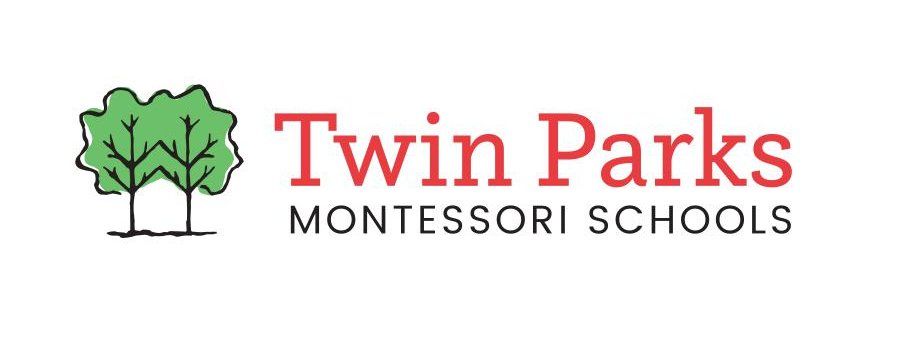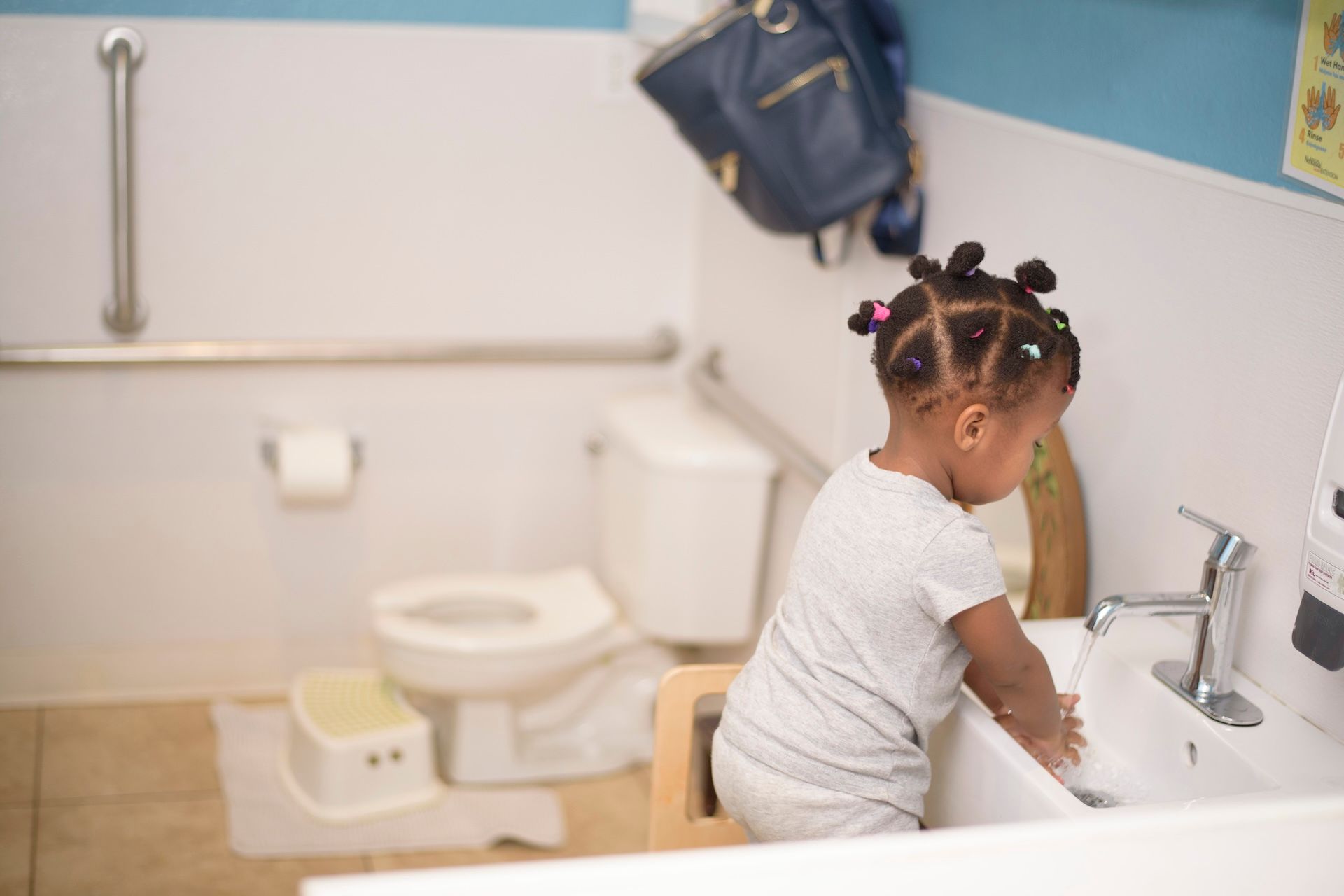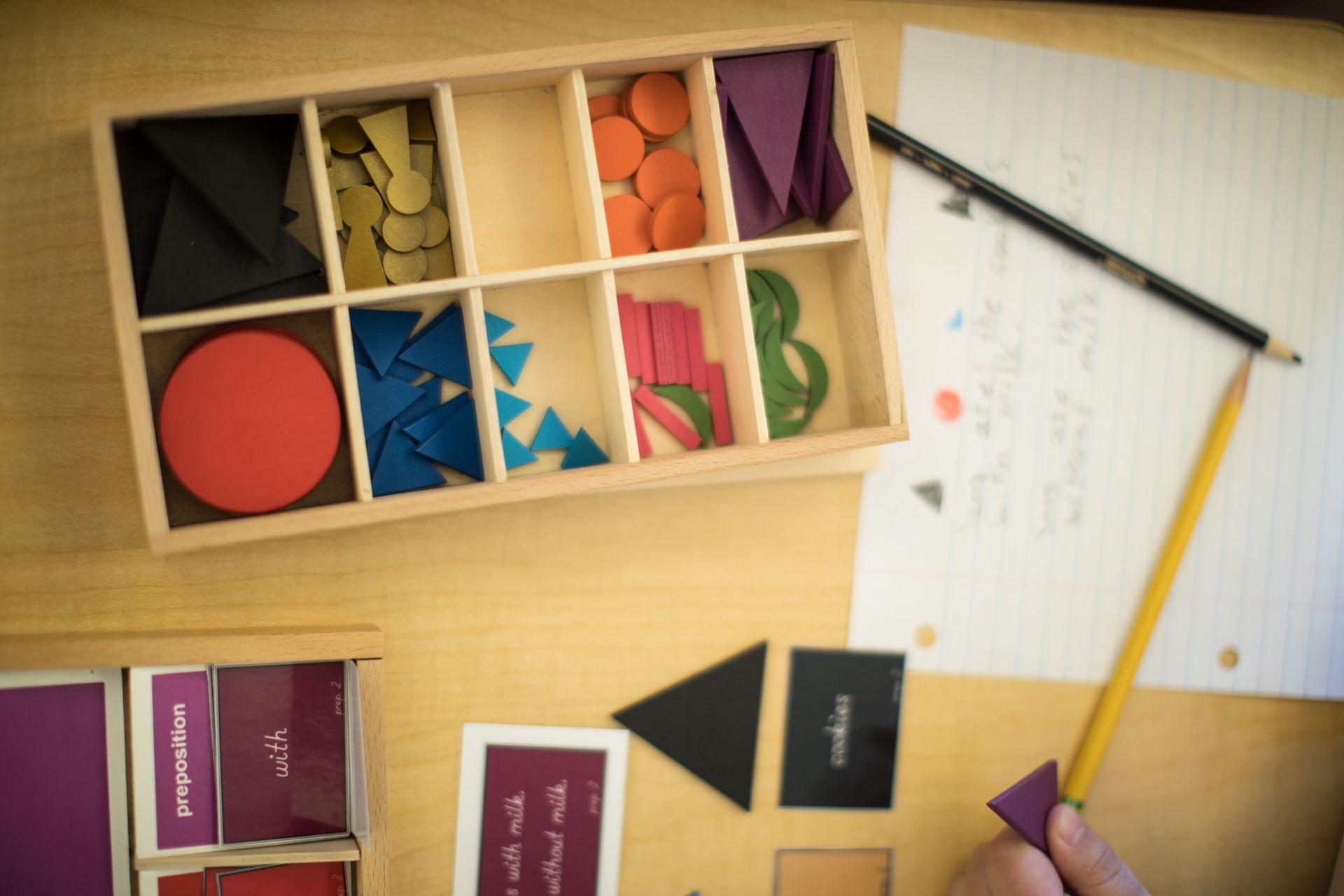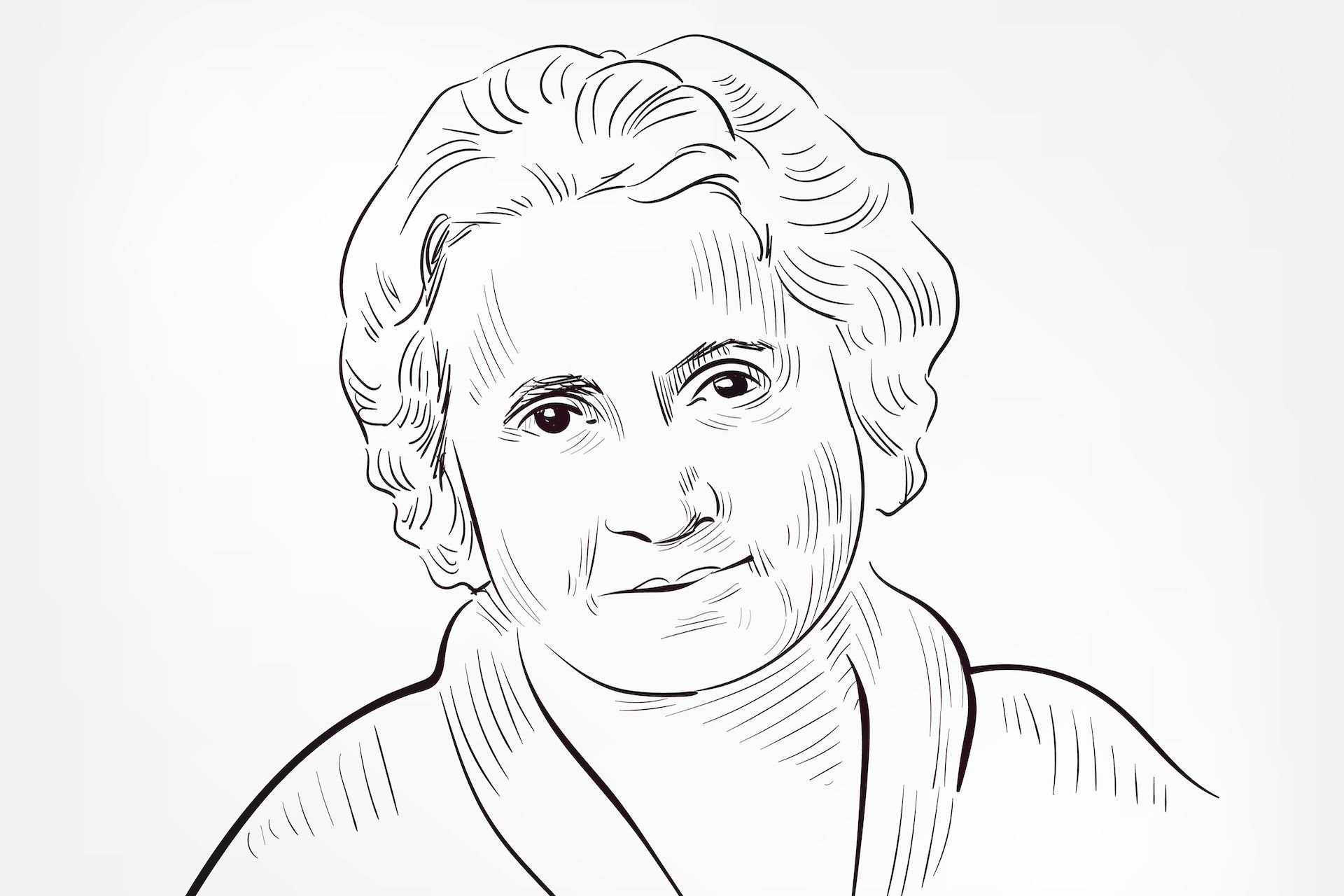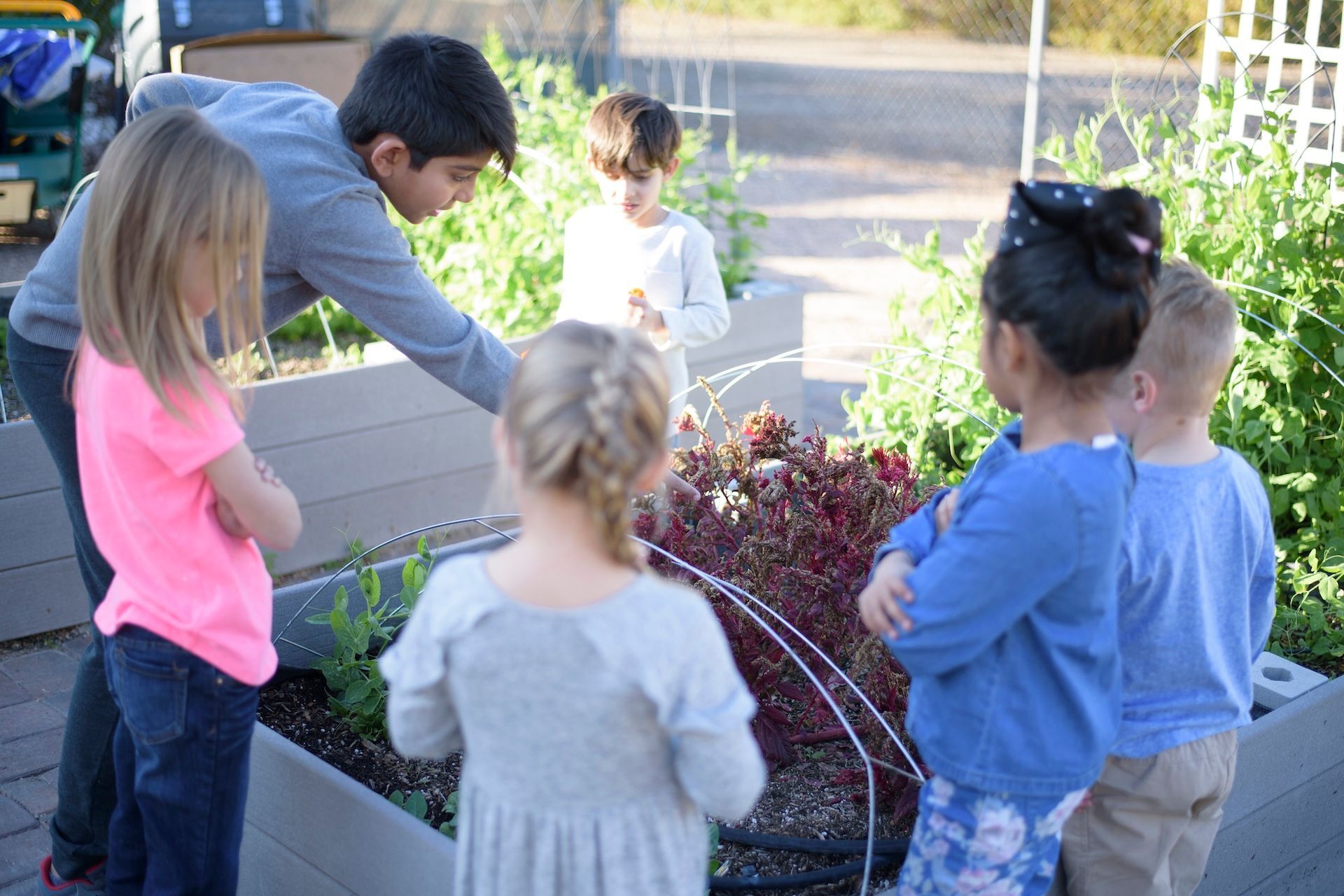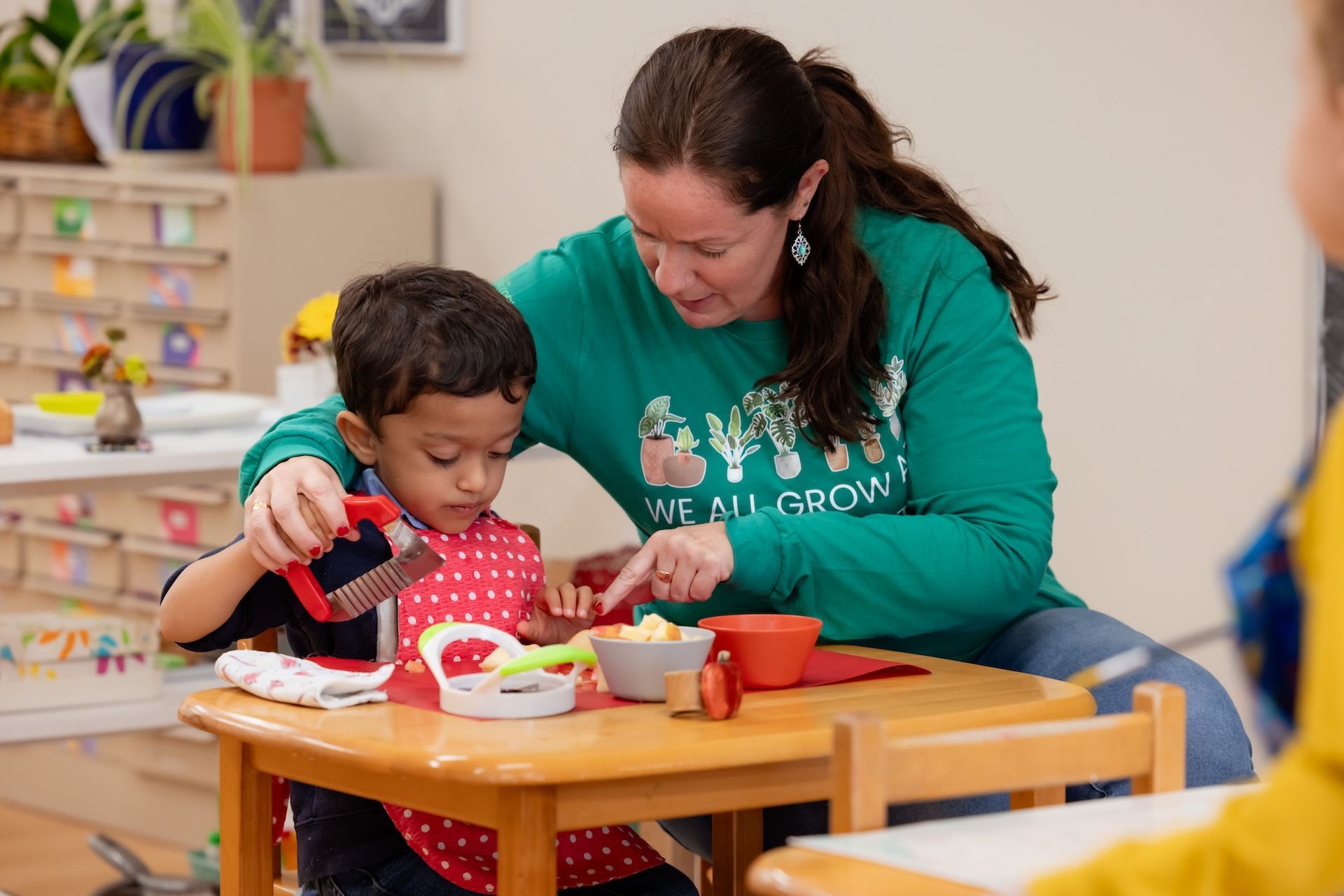Blog
PROGRAMS
OUR CAMPUSES
Central Park Montessori School
1 West 91st Street
New York, NY 10024
(212) 595-2000
Park West Montessori School
435 Central Park West
New York, NY 10025
(212) 678-6072
Riverside Montessori School
202 Riverside Drive
New York, NY 10025
(212) 665-1600
© 2025
Twin Parks Montessori Schools
